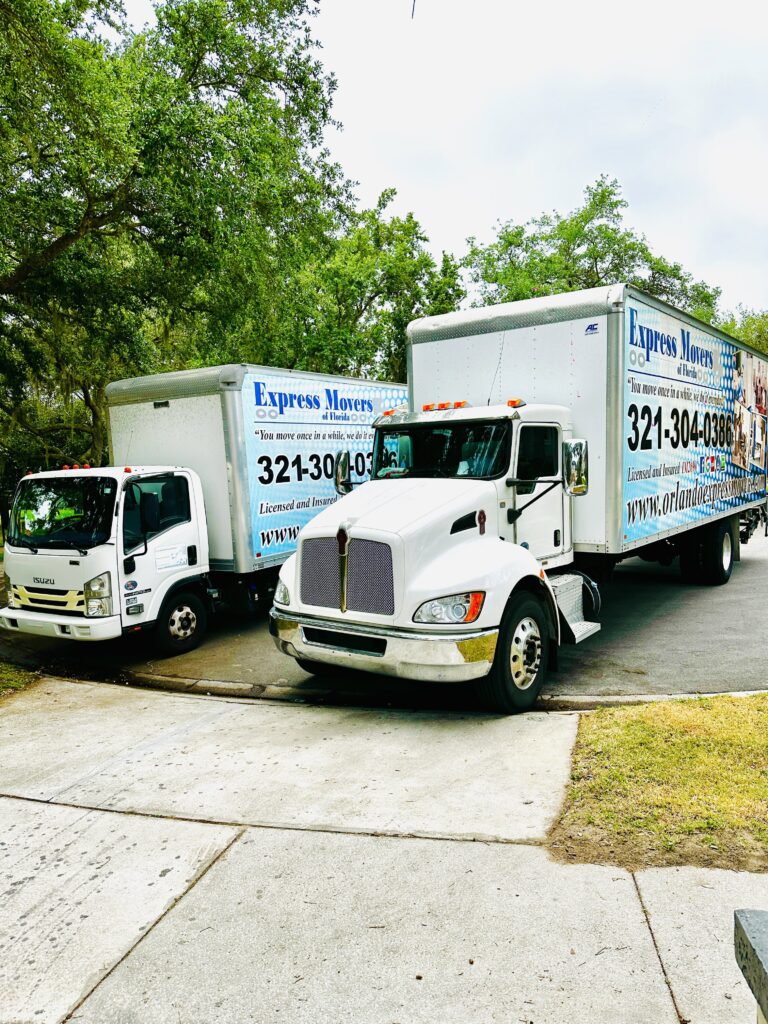Ten years ago, moving abroad often meant a long, expensive process—filled with visa red tape, shipping headaches, and months of planning. Fast forward to 2025, and while it’s still no small feat, relocating to another country has never been more achievable for everyday people. Between the rise of digital nomad visas, remote work opportunities, and streamlined shipping services, more individuals and families are packing their bags for life overseas.
But there are still plenty of moving parts (pun intended) to consider. Here’s how the game has changed, and what you need to know before booking that one-way ticket.
The Digital Nomad Visa Revolution
One of the biggest changes is the growing list of countries offering digital nomad visas. These special permits allow remote workers to live abroad for extended periods—often without the hassle of securing a traditional work visa.
In 2025, popular destinations include:
• Portugal: Up to two years, renewable, with low income requirements.
• Costa Rica: Two years, with family members welcome.
• Japan: Brand-new six-month nomad visa, attracting tech professionals.
• Greece: One-year visas with tax incentives.
If you’re a remote worker, these programs make it easier to try life abroad without committing to permanent residency.

Streamlined International Shipping
Gone are the days of waiting months for your belongings to cross the ocean. Many moving companies now offer hybrid shipping solutions—combining air and sea freight for faster delivery.
Other 2025 innovations:
• Container sharing: Split costs with other movers heading to the same country.
• Real-time shipment tracking: Follow your items via GPS from your phone.
• Customs clearance services: Movers handle paperwork so your items don’t get stuck at the border.
Healthcare, Taxes, and Lifestyle Adjustments
Healthcare access is one of the top concerns for new expats. Many countries now offer affordable national health insurance plans to residents, including nomad visa holders. Still, you’ll want international health insurance to cover gaps or emergencies.
Tax implications also vary widely. Some countries have agreements with the U.S. to prevent double taxation, while others expect taxes on worldwide income. A relocation consultant or international tax advisor can save you a lot of headaches.
And then there’s the cultural side: learning local etiquette, language basics, and adjusting to slower (or faster) lifestyles.
Moving Abroad Checklist
1. Research visa requirements early—rules can change quickly.
2. Budget for more than the move itself—think rent deposits, legal fees, and health insurance.
3. Sell or store what you don’t need—international shipping is still pricey for heavy items.
4. Choose a moving company with proven international experience—paperwork and customs aren’t places to cut corners.
5. Visit before you move—if possible, spend at least a week in your destination to get a feel for daily life.
Moving abroad in 2025 is no longer just for corporate executives or retirees with deep pockets. With the right planning, tools, and professional help, it’s accessible to freelancers, families, and adventurous souls ready for a fresh start. The process has evolved—but the core advice remains: do your homework, work with experts, and embrace the adventure

